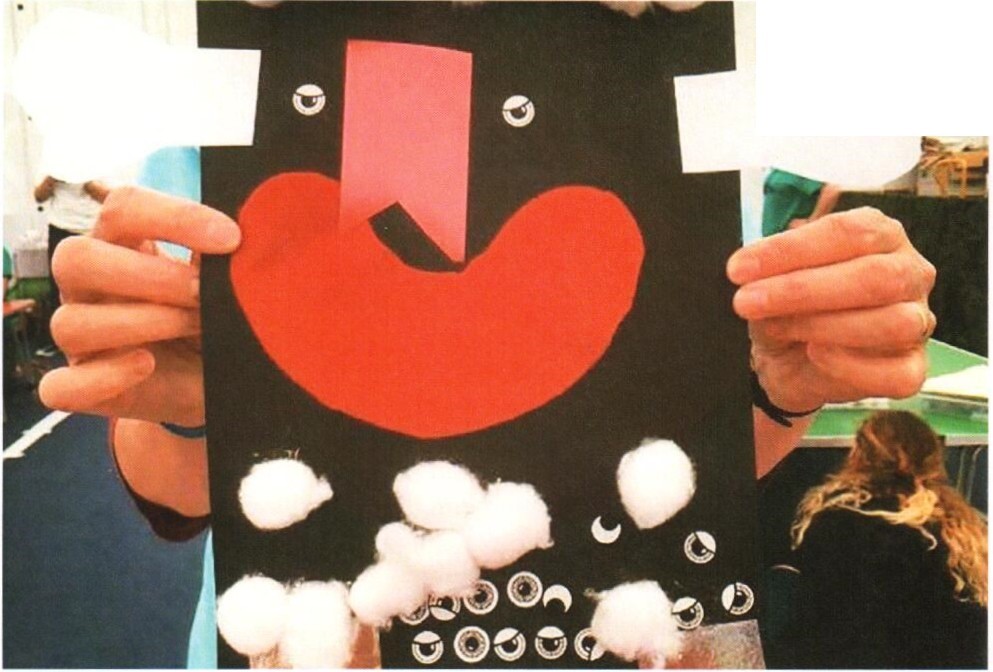
Intelligence and creativity should not be considered as opposing alternatives , and imagination and learning are nurtured together.
Albert Einstein supposedly once said: “creativity is intelligence having fun”. What a wonderful statement – and yet we often see a rivalry between ‘art’ and ‘science ‘. We can probably all name some distinctively imaginative people who ooze creativity, as well as intellectuals who spout off impressive facts. These personalities can clash, both in adults and as they develop in our children. But perhaps creativity and intellect can have fun together.
Creativity originates with God, Creator of the universe. The Creator of you, me and every single child. God is the ultimate creative AND intellectual being! Whenever I see a baby, whenever I read about a new invention or medical breakthrough, whenever I hear an instrument being played… I see God having fun, and I am in awe of our extremely clever Creator. Genesis 1:27 says: God created human beings in His own image. (New Century Version)
We are intelligently created to be intelligent and creative! Both aspects have their place in the areas of learning in the Early Years Foundation Stage (EYFS). When I was a nursery teacher, I carefully set out the classroom with activities covering all seven areas of development. I loved seeing how the children’s play naturally spilt over from one to the next. Children naturally use what they know and what they imagine together in order to have fun!
In His creativity, God has made each of our children unique. It is said that ‘beauty is in the eye of the beholder’; moreover, creativity is in the eye of the beholder. When teaching, I often had to encourage parents to resist telling their children how their creations should look: “a face has two eyes, two ears, one nose and one mouth” or “clouds are white and fluffy”. In talking like this, we crush children’s creativity (and show we don’t know much about clouds).
Some of my favourite pictures by children are those that clearly show the child’s imagination, not the parents’.
So how can we make the most of imagination in learning? Some of my fondest childhood memories are when my Mum allowed my brothers and me to be creative in ways unique to us. On one occasion we transformed our bedroom into ‘Daphne’s Coffee Shop’ from our favourite TV programme ‘Neighbours’. Another time we decorated the room in the colours of our favourite football team, Watford F.C., and even had a ribbon-cutting ceremony before entering. Yet another time, we entered into Roald Dahl’s ‘Charlie and the Chocolate Factory’, turning our toy kitchen into a factory and making chocolate crispy cakes. Who would have thought a bedroom could be transformed into so many places? All the while, we were developing better numeracy, spoken language and understanding of the world – without even realising it.
These memories are from 30 years ago, but God’s intellect and creativity are the same yesterday, today and forever (Hebrews 13:8). As we think about our settings today, let’s teach our young children in a way that fosters creativity and intellect together, and have fun doing it.
